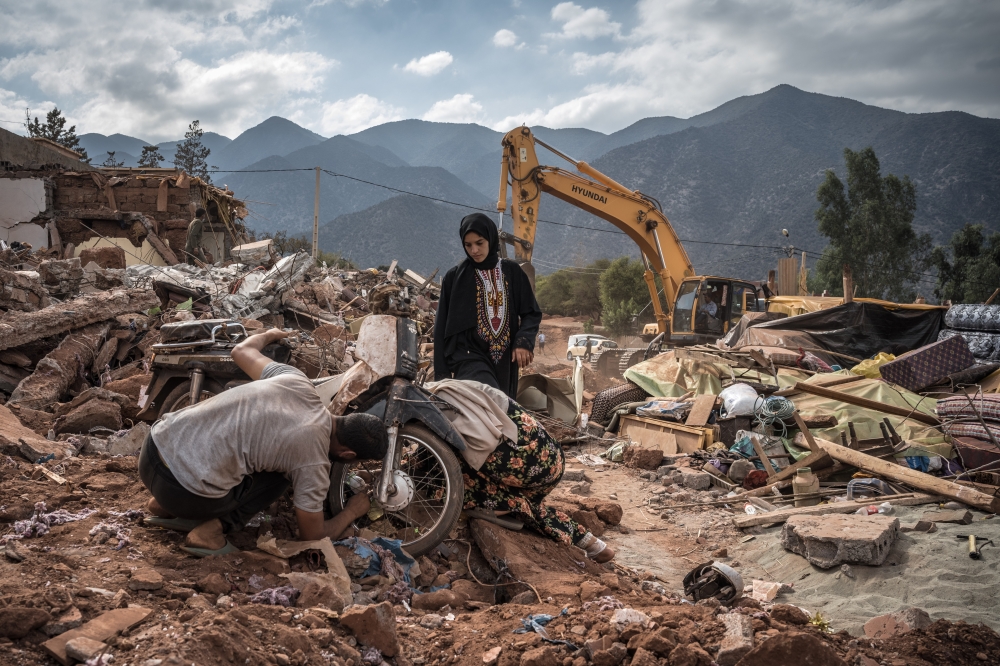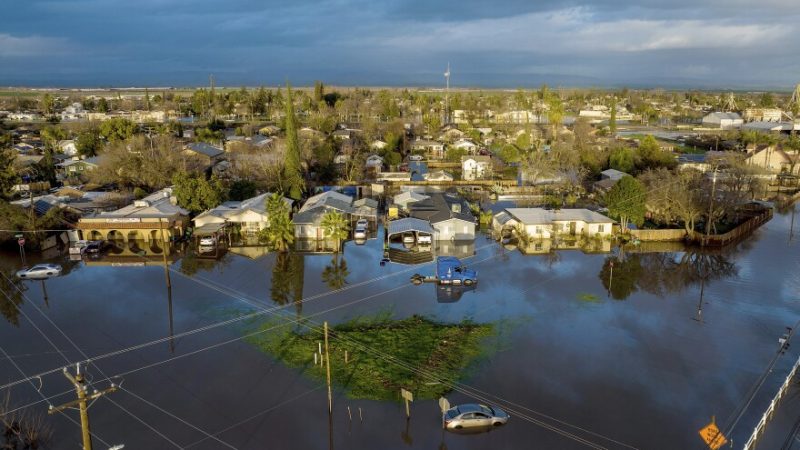Moroccos Zone Livelihood Too

Morocco, a country of vibrant culture, stunning landscapes, and rich history, has been making strides in its economic development through innovative zoning strategies. Zoning plays a pivotal role in enhancing livelihoods, fostering sustainable growth, and preserving the nation’s natural heritage. In recent years, Morocco has placed significant emphasis on zoning initiatives, creating specialized economic zones that cater to various industries, thereby propelling economic growth and social development.
The concept of economic zones in Morocco is not novel, but the nation’s approach to zoning has evolved significantly to adapt to modern economic dynamics. These zones are strategically designed to attract local and foreign investments, generate employment opportunities, and bolster trade activities. The key zones driving Morocco’s economic expansion encompass Free Trade Zones (FTZs), Industrial Zones, and Agricultural Development Zones.
Free Trade Zones have been instrumental in propelling Morocco onto the global economic stage. These zones offer attractive incentives, including tax exemptions, simplified customs procedures, and access to state-of-the-art infrastructure. Cities like Tangier and Casablanca host such zones, attracting multinational corporations and fostering international trade through their strategic geographical locations and well-developed logistical facilities.
Industrial Zones, on the other hand, focus on fostering manufacturing and industrial activities. These zones provide a conducive environment for businesses to flourish by offering specialized infrastructure, skilled labor pools, and streamlined administrative procedures. Cities like Kenitra and Fez have seen remarkable industrial growth due to the establishment of these zones, contributing significantly to job creation and industrial development.
Agricultural Development Zones represent Morocco’s commitment to sustainable agriculture and rural development. These zones prioritize the enhancement of agricultural productivity, investment in modern farming techniques, and the promotion of agribusiness. They play a crucial role in ensuring food security, supporting local farmers, and boosting rural economies, contributing to the nation’s overall economic stability.
One of the remarkable aspects of Morocco’s zoning strategy is its focus on sustainability and inclusivity. The country has been striving to balance economic growth with environmental conservation. Initiatives such as renewable energy projects within these zones, waste management programs. And adherence to eco-friendly practices showcase Morocco’s commitment to sustainable development.
These zones serve as catalysts for skill development and technological advancement. By fostering collaboration between educational institutions and industries. Morocco aims to equip its workforce with the necessary skills to thrive in a rapidly evolving global economy. This synergy between academia and industry encourages innovation and entrepreneurship. Further driving economic progress.
The success of Morocco’s zoning strategy can be attributed to its adaptability and responsiveness to changing economic landscapes. By continuously assessing market needs, refining policies, and embracing technological advancements. Morocco remains agile in its approach to fostering economic prosperity.
As Morocco continues to navigate the complexities of a globalized economy. The country’s zoning initiatives will play an increasingly pivotal role. The government’s commitment to inclusive growth and fostering a conducive business environment sets a promising trajectory for Morocco’s socioeconomic development.
Conclusion
Morocco’s zoning strategy stands as a testament to the nation’s proactive approach in harnessing its economic potential while prioritizing sustainability and social welfare. By leveraging specialized economic zones, Morocco paves the way for enhanced livelihoods, increased employment opportunities, and sustainable growth. Positioning itself as a beacon of economic resilience and innovation in the region.






